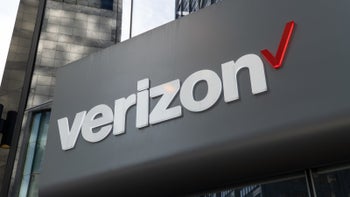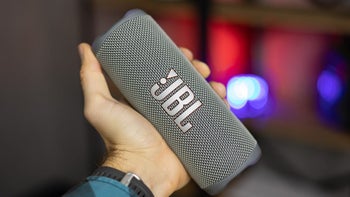FCC's "If you build it they will come" gamble hasn't paid off for Boost Mobile

Last year there was some talk about EchoStar going bankrupt. This would have a major impact on the U.S. wireless industry because Boost Mobile is a subsidiary of EchoStar. Boost is supposed to be the fourth major U.S. wireless company replacing Sprint which was purchased by T-Mobile on April 1, 2020. For T-Mobile to receive the FCC's regulatory approval to buy Sprint, it had to help find a replacement for Sprint and right now Boost Mobile occupies that spot.
Despite EchoStar removing the warning it previously included with its financial filings stating that there was concern about the company's ability to continue as a "going concern," the truth is that Boost is losing subscribers, not gaining them. Roger Entner, an analyst with Recon Analytics, says that even after five years, Boost is not a viable player in the states. Noting that wireless is a scale business, Entner says that Boost doesn't have any scale.
In an attempt to make this clearer to understand, DISH Network took control of Boost from Sprint in 2020 which was a condition the FCC demanded in order to approve the T-Mobile acquisition of Sprint. DISH was then purchased by EchoStar in late 2023.
It seems that the FCC borrowed the "Build it and they will come" plan from the 1989 hit movie Field of Dreams in an effort to replace Sprint. The regulatory agency hoped that if a company built a wireless network in the U.S., enough customers would just show up to make it the fourth largest in the nation. But Recon's Entner stated that a "Build it and they will come' [strategy] is not enough in wireless."
In 2022 during Dish's analyst day, the company said that it would grow its mobile customer head count from 8 million to somewhere between 30 million and 40 million. However, during the most recent quarter, EchoStar lost another 300,000 mobile customers giving it fewer than 7 million mobile subscribers. Incredibly, that is two million fewer than the number that EchoStar had when it first entered the mobile industry in 2010.
While EchoStar has lost mobile subscribers, Verizon, T-Mobile, and AT&T have been able to increase their subscriber numbers, especially T-Mobile.
"The US mobile market is experiencing unprecedented growth, with Q4 2024 breaking revenue records and marking the industry's best three-year performance in 16 years."-Chetan Sharma, mobile industry analyst
Sean Lee, the Senior Vice President of product and marketing for Boost Mobile says that growth is at the top of the list for Boost in 2025. The plan is to make the distinction between prepaid and postpaid services blurry. Lee says, "We're giving customers a choice in terms of whether they want device financing or whether they want to go prepaid from a month-to-month perspective."
The executive adds that Boost is currently promoting its service heavily in New York City trying to convince consumers that its wireless capabilities are just as good as the service from rivals like Verizon, AT&T, and T-Mobile.
""I think Boost will have more of an opportunity to compete in 2025, now that its network is mostly built and it has most of its back-office problems behind it."-Jeff Moore, analyst, Wave7 Research
Boost Mobile has built its own Standalone (SA) 5G network which is created on a 5G core. As a result, it delivers higher capacity, faster data speeds and lower latency The network covers 80% of the U.S. population with 5G signals or 270 million people. Boost's Lee says, "If it costs less to maintain and update our 5G network, we can pass those savings down to our consumers." That could be how Boost turns things around and starts adding subscribers instead of subtracting them.













Things that are NOT allowed: